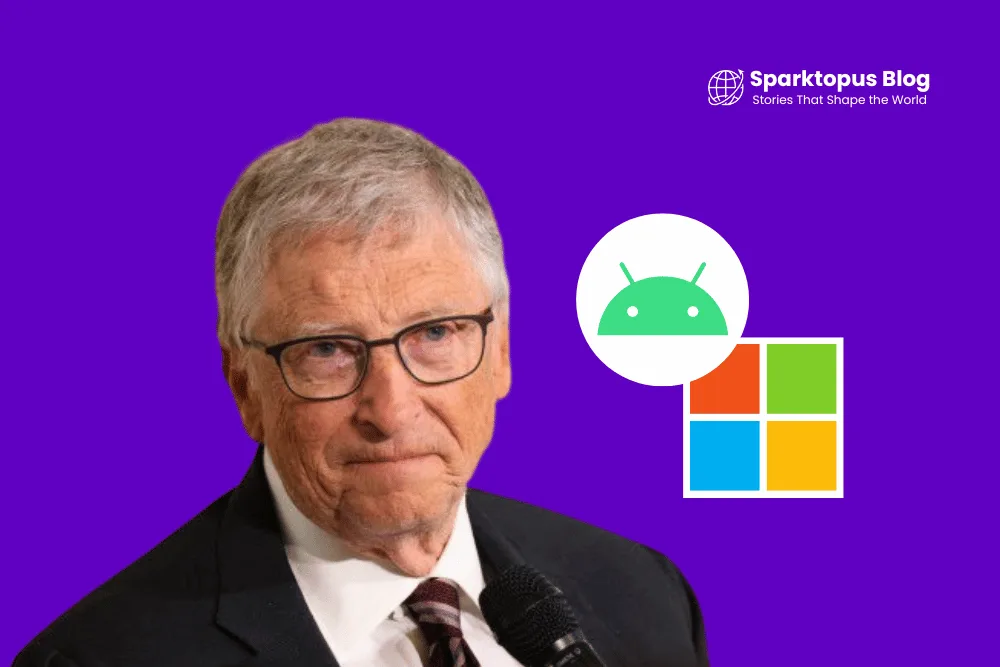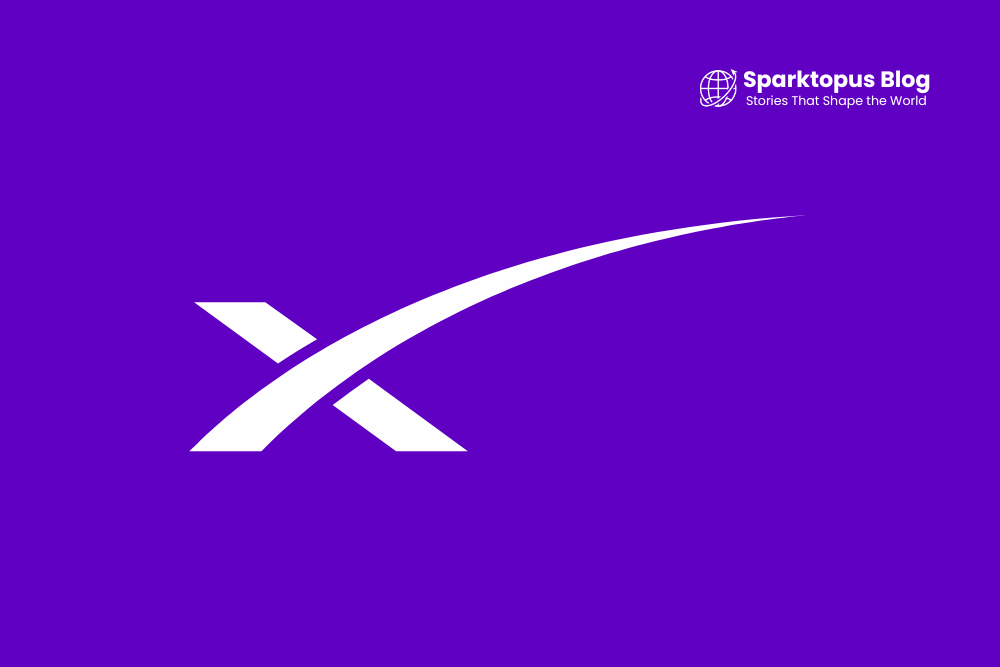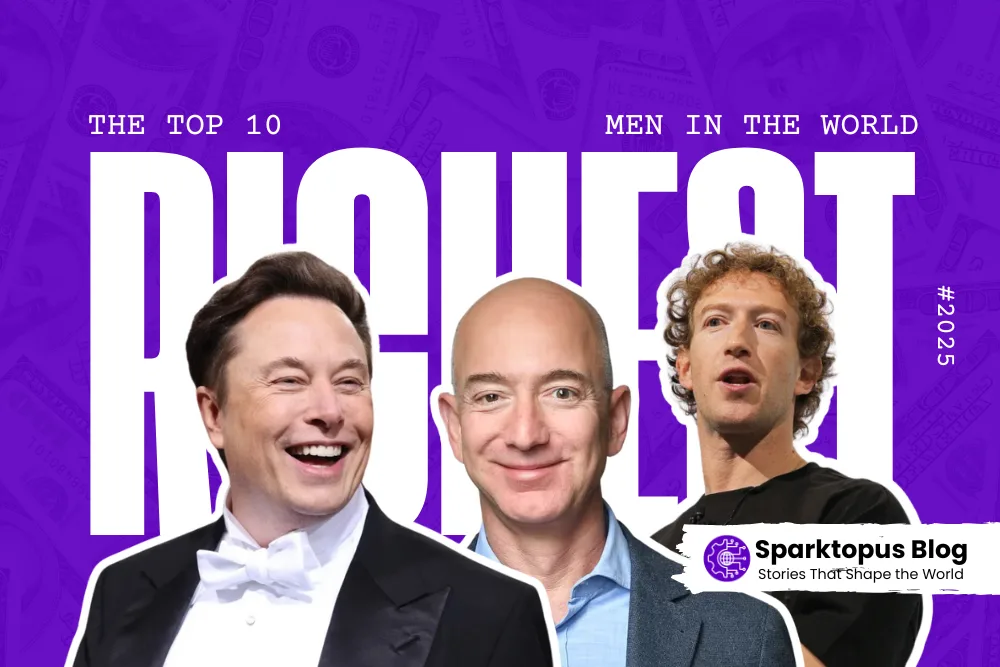Bill Gates Lost $400 Billion to Android

In the world of technology, even the most influential leaders are not immune to mistakes. Microsoft co-founder Bill Gates recently acknowledged what he called his “greatest mistake of all time”—failing to position Microsoft as the leader in the mobile operating system market. This oversight allowed Google to establish Android as the dominant platform, costing Microsoft an estimated $400 billion in market opportunities.
This article explores the implications of this missed opportunity, the reflections of Android co-founder Rich Miner, and how Microsoft has pivoted since then.
The Missed Opportunity That Changed the Mobile Landscape
In an interview, Gates candidly admitted that his mismanagement led to Microsoft missing the chance to create an operating system that could rival iOS. Instead, Google capitalized on the opportunity, launching Android in 2008. Today, Android powers over 70% of smartphones worldwide, making it the standard platform for non-Apple devices.
View this post on InstagramAdvertisement
Gates emphasized the winner-take-all nature of software platforms: “There’s room for exactly one non-Apple operating system, and what’s that worth? $400 billion that would be transferred from Google to Microsoft.”
Android’s Strategic Advantage
Rich Miner, co-founder of Android, shed light on the intent behind the platform’s creation. Miner stated that Android was designed to prevent a repeat of Microsoft’s dominance in the PC market, which he believed stifled innovation. By entering the mobile market early and offering an open-source platform, Android captured both users and developers.
Miner called Gates’ reflections “ironic,” given Microsoft’s previous monopoly in personal computing.
Microsoft’s Road to Recovery
While this mistake marked a significant setback, Microsoft has since rebounded. Under CEO Satya Nadella, the company shifted its focus to cloud computing, artificial intelligence, and enterprise solutions. Microsoft’s Azure cloud platform and Office 365 suite have made the company a powerhouse in enterprise technology.
In recent years, Microsoft’s market valuation has surpassed $3 trillion, fueled by innovative ventures like OpenAI’s ChatGPT integration and its robust product ecosystem.
Key Takeaways for the Tech Industry
This admission from one of the most successful entrepreneurs in history underscores the importance of strategic foresight in tech. The mobile operating system market’s evolution shows how timing, adaptability, and execution can shape industry leadership.
Microsoft’s ability to recover and innovate serves as a case study in resilience, proving that even monumental mistakes can be learning opportunities.
Conclusion
Bill Gates’ acknowledgment of his $400 billion misstep is a humbling reminder that even tech giants are fallible. However, Microsoft’s ability to pivot and excel in other sectors demonstrates the power of adaptability.
As the tech landscape continues to evolve, this story highlights the importance of making strategic moves at the right time. For Microsoft, the lesson has been costly but invaluable in shaping its future.










